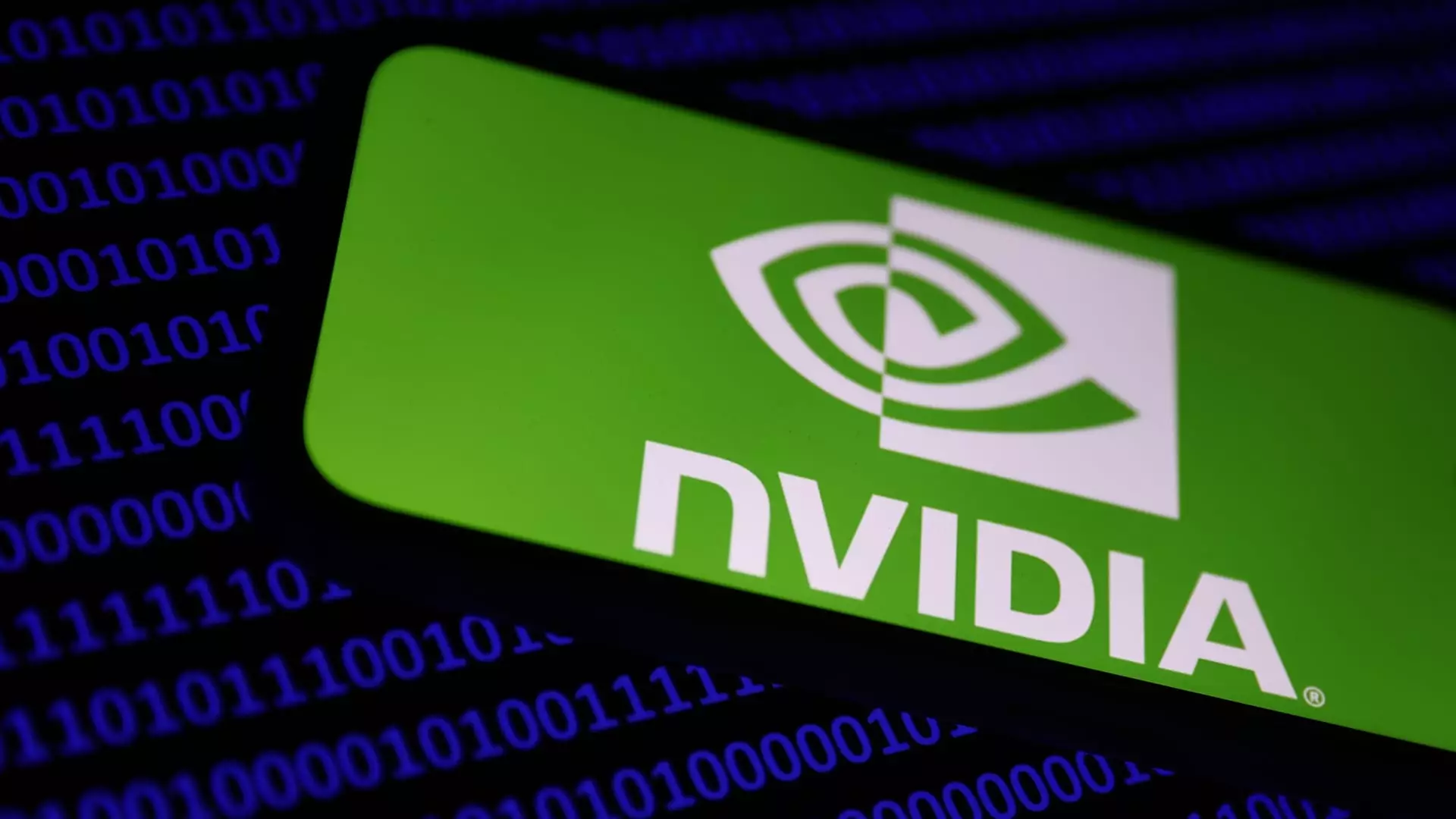Saudi Arabia stands on the precipice of a technological revolution fueled by artificial intelligence (AI), as it seeks to harness the capabilities of advanced processors from U.S. chipmaker Nvidia. This ambition was highlighted by Abdulrahman Tariq Habib, Deputy CEO of the Saudi Data and AI Authority (SDAIA), during the recent GAIN summit in Riyadh. Habib expressed optimism that within the next year, Saudi Arabia could gain access to Nvidia’s high-performance chips, specifically the powerful H200s used in groundbreaking AI models like OpenAI’s GPT-4o.
The pursuit of these chips symbolizes something much larger for Saudi Arabia—a strategic move toward becoming a regional power in AI research and development. Habib emphasized that securing these chips would significantly simplify business interactions between Saudi Arabia and the United States, unlocking various opportunities for Saudi individuals and organizations alike.
Central to Saudi Arabia’s aggressive push into AI is the Vision 2030 initiative, a comprehensive plan launched under Crown Prince Mohammed bin Salman. This framework is aimed at modernizing the Saudi economy and reducing its dependency on oil revenue. As evidenced in a recent SDAIA report, the kingdom aspires for AI to account for 12% of its GDP by 2030, demonstrating a tangible commitment to this technological frontier.
The investments are expected to be centered around its substantial Public Investment Fund (PIF), which is expected to spearhead funding efforts for cutting-edge AI ventures. The fund, worth approximately $925 billion, indicates Saudi Arabia’s seriousness in curating a robust AI ecosystem. Notably, plans are underway to collaborate with renowned American venture capital firm Andreessen Horowitz to launch a massive $40 billion AI fund—signifying both intention and action in the realm of artificial intelligence.
Despite the kingdom’s ambitious plans, significant hurdles remain in the form of U.S. export controls initially designed to thwart potential technological advancements in rival nations, particularly China. The Biden administration has instituted strict regulations surrounding advanced semiconductors, requiring companies to secure special licenses before exporting to nations such as Saudi Arabia.
Reports have surfaced indicating that discussions are underway between U.S. officials and Saudi entities regarding the potential easing of these restrictions. Observers view this as an indication of a growing cooperative relationship between Riyadh and Washington in developing AI technologies. This diplomatic context is critical, considering Saudi Arabia’s extensive trade ties with China, which poses an underlying layer of complexity to its negotiations.
While Riyadh continues to enhance its connections with U.S. tech firms, it simultaneously cultivates relationships with China, which serves not just as a trading partner but also as a crucial investor in Vision 2030 initiatives. The Saudi government’s balancing act reflects its desire to achieve technological self-reliance while maintaining strategic ties with both superpowers.
Habib’s remarks during the GAIN summit reveal that Saudi Arabia’s ambitions extend beyond merely acquiring chips. He flagged the importance of developing human and data capacity as vital elements of the kingdom’s holistic AI strategy. Over the past three years, the Saudi government has worked actively to enhance skill sets across the population while establishing robust data infrastructure.
This dual approach of augmenting computational capability and investing in human resources presents a comprehensive strategy to foster an environment conducive to innovation and experimentation with AI technologies. As Saudi Arabia aims to position itself as a leader in data analytics and AI, this foundational groundwork becomes essential.
Saudi Arabia’s pursuit of advanced AI technology represents both an ambitious economic strategy and a pragmatic response to 21st-century challenges. The potential access to Nvidia chips could catalyze significant advancements in its AI endeavors, allowing it to become a formidable player on the global stage.
While challenges from export controls and the need for geopolitical balancing remain, Saudi Arabia’s commitment to fostering a competitive AI landscape demonstrates resilience and forward-thinking. Navigating these complexities will be pivotal in realizing the aspirations of Vision 2030 and establishing a secure foothold in the ever-evolving world of artificial intelligence. The journey ahead could define the kingdom’s role in a future increasingly dominated by AI-driven technologies.


Leave a Reply